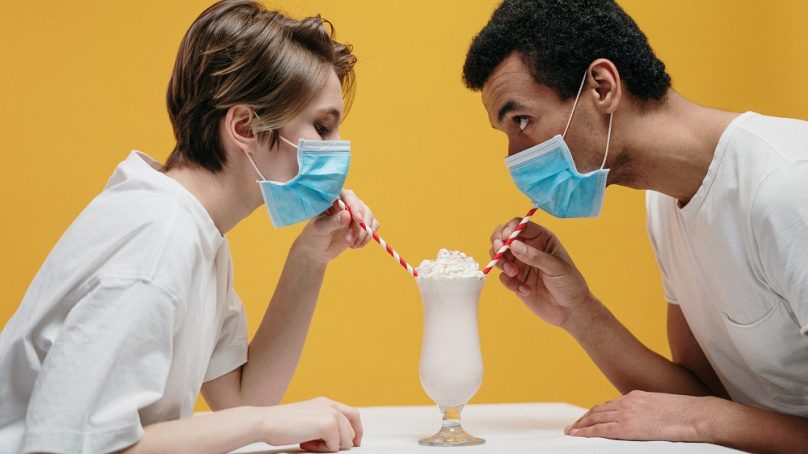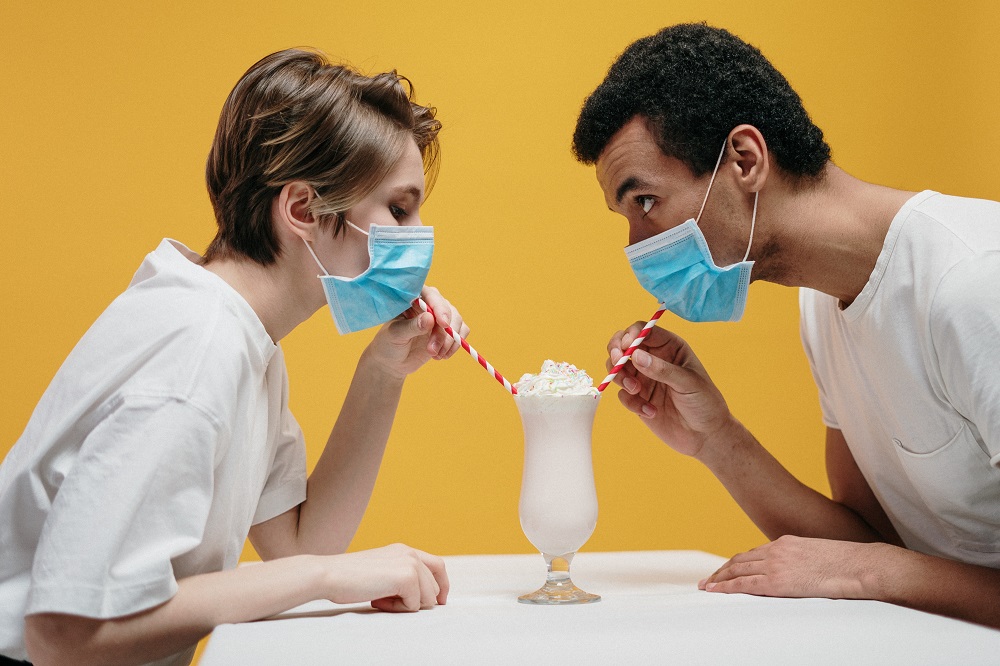
 WTTC alongside members, governments, health experts and other industry associations, is working to achieve effective recovery protocols by developing action plans that optimize sector-wide recovery efforts.
WTTC alongside members, governments, health experts and other industry associations, is working to achieve effective recovery protocols by developing action plans that optimize sector-wide recovery efforts.
While the protocols take into account current World Health Organization (WHO) and the US Centers for Disease Control and Prevention (CDC) guidelines, they are living documents which we will update as new information becomes available about COVID-19.
The latest ‘safe travel’ hospitality protocols’ ensure coherence through a coordinated, collaborative, and transparent approach, supported by medical evidence, within the travel and tourism sector as well as with governments and public health authorities. They also share harmonized and consistent protocols which are outcome driven, simple and practical across destinations and countries. These protocols also aim at rebuilding trust and confidence with travelers through effective communication and marketing; and letting them know the protocols are implemented and are available to keep them safe. They also advocate for the implementation of enabling policies to support the recovery and demand regeneration for the sector.
The below suggested protocols for hospitality were compiled based on input from leading hospitality companies either directly or from their public announcements around the safe, healthy and responsible reopening of hotels to the public. The protocols also take into account WHO and the CDC. The objective is to ensure that protocols are in place across all relevant functions with an increased focus on health, safety and social distancing guidance which travelers will need and expect.
- Operational and Staff Preparedness
As the hospitality industry and establishments restart their operations, they should ensure they can achieve operational excellence in the ‘new normal’ and have trained staff to prepare and execute on the operational plans. Hotels may achieve operational readiness for reopening by obtaining the applicable reopening license if required by local government, and developing a COVID-19 prevention plan including an action/checklist for infection prevention and a special cleaning and disinfection plan. Hotels must also have the required staffing levels available to restart operations. They must implement protocols and guidelines for staff safety and health, including health checks for hotel staff if required by local legislation. If not required, hotels must issue and communicate a stay-home policy for anyone displaying any symptoms or an increased temperature as per the WHO guidelines. Hotels must be aligned with local travel and transport partners and reflect social distance in office layout while limiting the number of staff in common back-of-house areas. Hotels should also ensure social distancing protocols and guidelines, and where possible, clearly communicate to guests and staff. Integrated technologies to enable automation such as contactless payment should be made available where possible. Enhanced protocols and guidelines for food safety in restaurants, cafes and kiosks relating to supply chain control, food handling and preparation, hygiene, digitization, queue management and deep cleaning must be implemented. Innovations for cleanliness and disinfection, such as electrostatic spraying technology, UVC light and EPA based air filtration, with validation from expert bodies and governmental institutions, such as WHO, must be evaluated. Hotels should train staff to prepare and execute on operational plans by creating and implementing staff protocols and guidelines, Code of Conduct or list of expected behaviour for staff and operations.
- Ensuring a safe experience
As the hospitality industry and establishments work to ensure they deliver a safe experience for their staff and their guests through enhanced cleanliness and hygiene best practices, hotels should ensure they have implemented processes focused on enhanced sanitation, disinfection and deep cleaning practices as well as increase their cleaning/disinfection frequency. Selected disinfecting products must be approved by health authorities. Guidance to the cleaning team for all areas of the hotel must be revisited with a specific focus on high-frequency touch points such as room key cards, light switches, and door handles. Extraneous items should be removed throughout the hotel. Hotels must implement customer processes including guest information and social distancing, such as guest health/temperature checks if required by legislation, in addition to limited social interaction and possible queuing at reception. Food safety and hygiene at restaurants must be enhanced by avoiding guest handling of food at buffets and regular cleaning of machines and where possible operate them by staff members. Room service must be offered as a solution ideally in a no-contact delivery method. Enhancing cleaning, including disinfecting tables immediately after a guest has left is key in addition to implementing social distancing through table spacing and guest seating with suitable reinforcement. Hotels must consider minimizing what is placed on guest tables and provide mono-packaged items if feasible. When it comes to events, there should be implemented processes focused on enhanced cleaning, disinfection and social distancing for meetings and events, including implementing social distancing for seating distribution and gathering size, and utilizing government guidance if available. It also involves regular cleaning of machines and where possible operating by staff members, increasing cleaning and disinfection frequency and creating water/soft drinks protocols and guidelines whereby it is recommended for guests to travel with their own refillable water bottles in areas where there is safe drinking water. Have individual water bottles available as an alternative and implement food protocols and guidelines relating to outsourced food.
- Rebuilding trust and confidence
As the hospitality industry and establishments work to rebuild trust and confidence through transparency and communication with their guests, they should ensure they have a clear, consistent, and enhanced communication with customers on new health and hygiene safety protocols via the organization’s channels, both digitally and physically at hotels. Guest facing/front office staff should be trained to answer questions. The hotel must implement clear signage throughout to inform guests of the enhanced cleaning protocols, social distancing, and recommendations. It is also requested to share guest guidelines on the basis of advice from health authorities which may include the wearing of face masks, guidance on hand hygiene and social distancing.
- Implementing enabling policies
It is essential to implement enabling policies at the governmental level. The hospitality industry and establishments call on governments to work collaboratively as new rules for cross-border travel are developed. Governments must also provide financial relief to the sector through the reduction of taxes, fees and charges to stimulate demand and create incentives and provide direct support to boost stay in hotels as well as offering tax incentives. The governments must also enhance destination promotion to boost demand both domestically and internationally.
Add to Favorites












